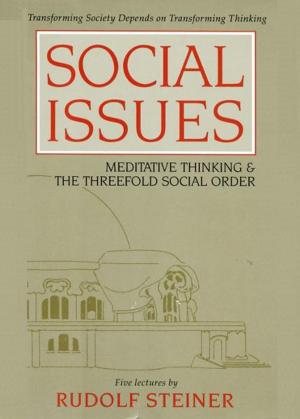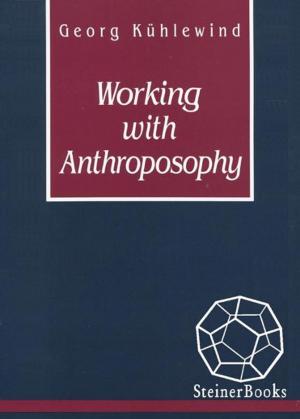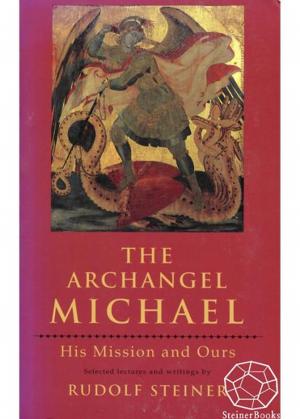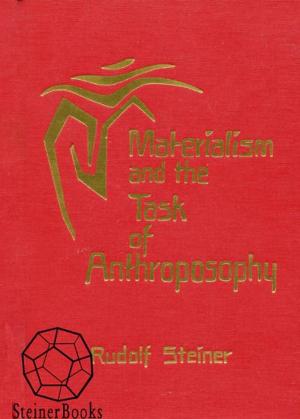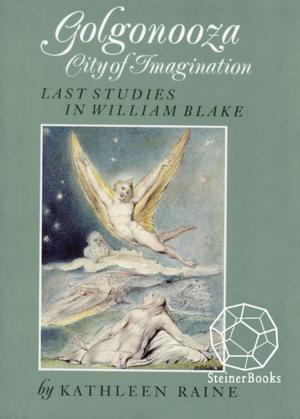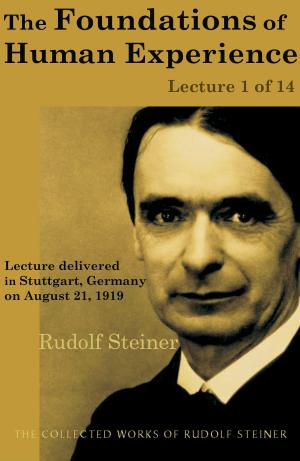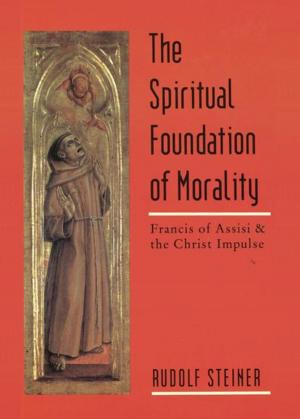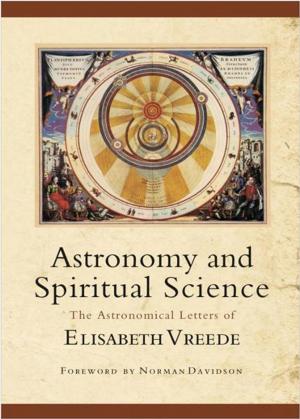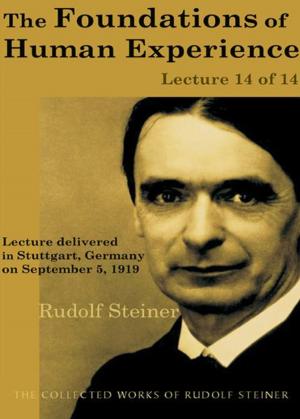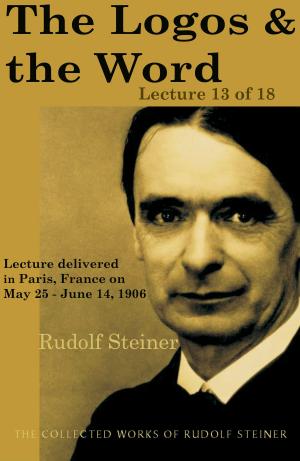Genius of Language
Nonfiction, Reference & Language, Education & Teaching, Educational Theory, Philosophy & Social Aspects| Author: | Rudolf Steiner, Christopher Bamford | ISBN: | 9780880109161 |
| Publisher: | SteinerBooks | Publication: | October 1, 1995 |
| Imprint: | SteinerBooks, Collected Works | Language: | English |
| Author: | Rudolf Steiner, Christopher Bamford |
| ISBN: | 9780880109161 |
| Publisher: | SteinerBooks |
| Publication: | October 1, 1995 |
| Imprint: | SteinerBooks, Collected Works |
| Language: | English |
During the first year of the first Waldorf school, Rudolf Steiner agreed to give a science course to the teachers, which was to be on the nature of light. At the last minute, he was asked to give an additional course on language, which he improvised. "The Genius of Language" is the result. Steiner demonstrates how history and psychology together form the different languages and how ideas, images, and vocabulary travel through time within various cultural streams. He describes how the power to form language has declined, but that we can still recover the seed of language, the penetration of sound by meaning. He also explains how consonants imitate outer phenomena, whereas vowels convey a more inner sense of events; he talks about the differentiation of language as it is influenced by geography; he speaks of the "folk soul" element and the possibility of "wordless thinking"; we hear about the capacity of language to transform us and of its importance to our spiritual lives. This is not just a course on language for those who love words but demonstrates ways to teach children. This little book will prove tremendously valuable to both educators and parents-in fact, to anyone who wants a deeper understanding of language and its significance for our lives. German source: Geisteswissenschaftlische Sprachbetrachtungen (GA 299).
During the first year of the first Waldorf school, Rudolf Steiner agreed to give a science course to the teachers, which was to be on the nature of light. At the last minute, he was asked to give an additional course on language, which he improvised. "The Genius of Language" is the result. Steiner demonstrates how history and psychology together form the different languages and how ideas, images, and vocabulary travel through time within various cultural streams. He describes how the power to form language has declined, but that we can still recover the seed of language, the penetration of sound by meaning. He also explains how consonants imitate outer phenomena, whereas vowels convey a more inner sense of events; he talks about the differentiation of language as it is influenced by geography; he speaks of the "folk soul" element and the possibility of "wordless thinking"; we hear about the capacity of language to transform us and of its importance to our spiritual lives. This is not just a course on language for those who love words but demonstrates ways to teach children. This little book will prove tremendously valuable to both educators and parents-in fact, to anyone who wants a deeper understanding of language and its significance for our lives. German source: Geisteswissenschaftlische Sprachbetrachtungen (GA 299).


